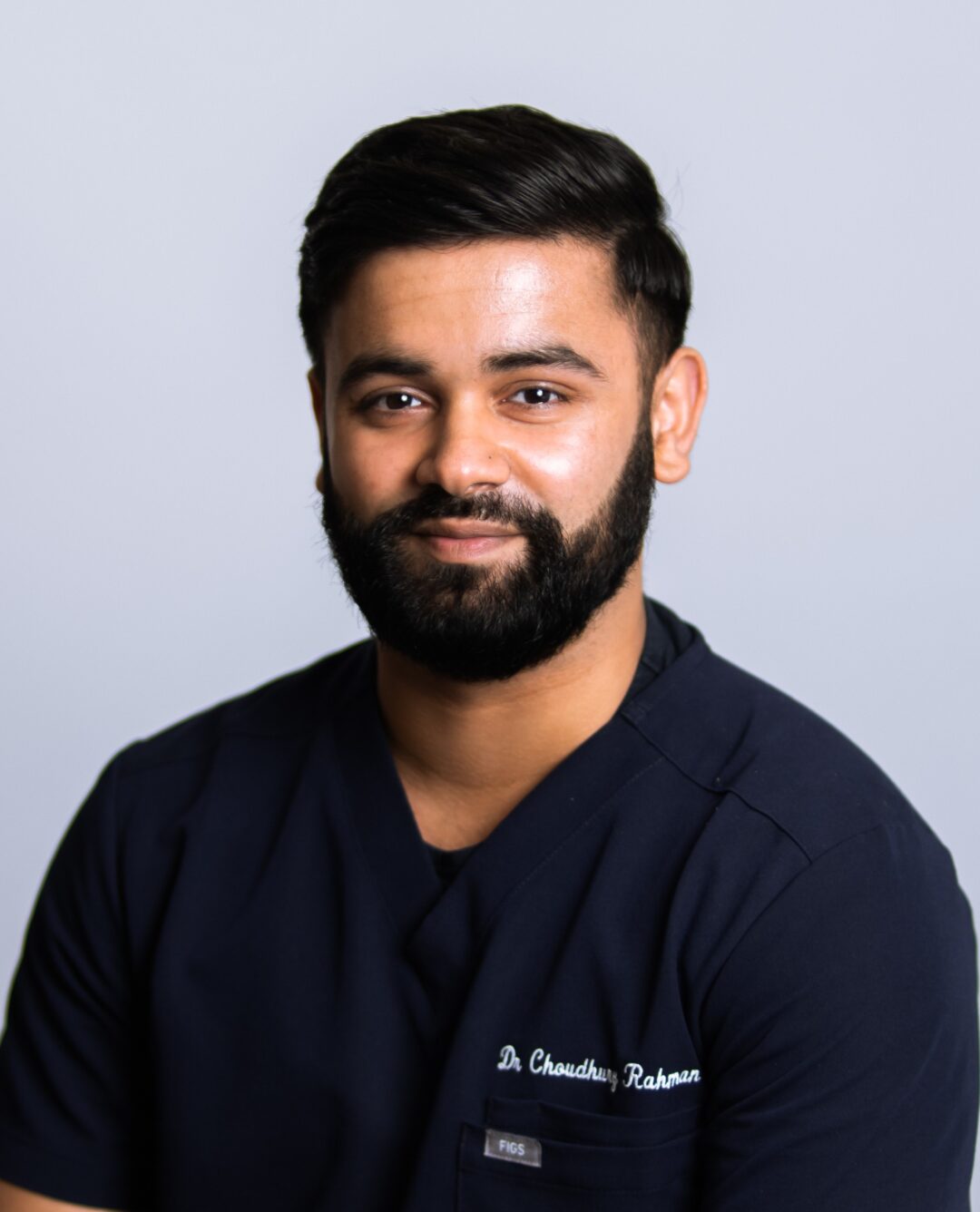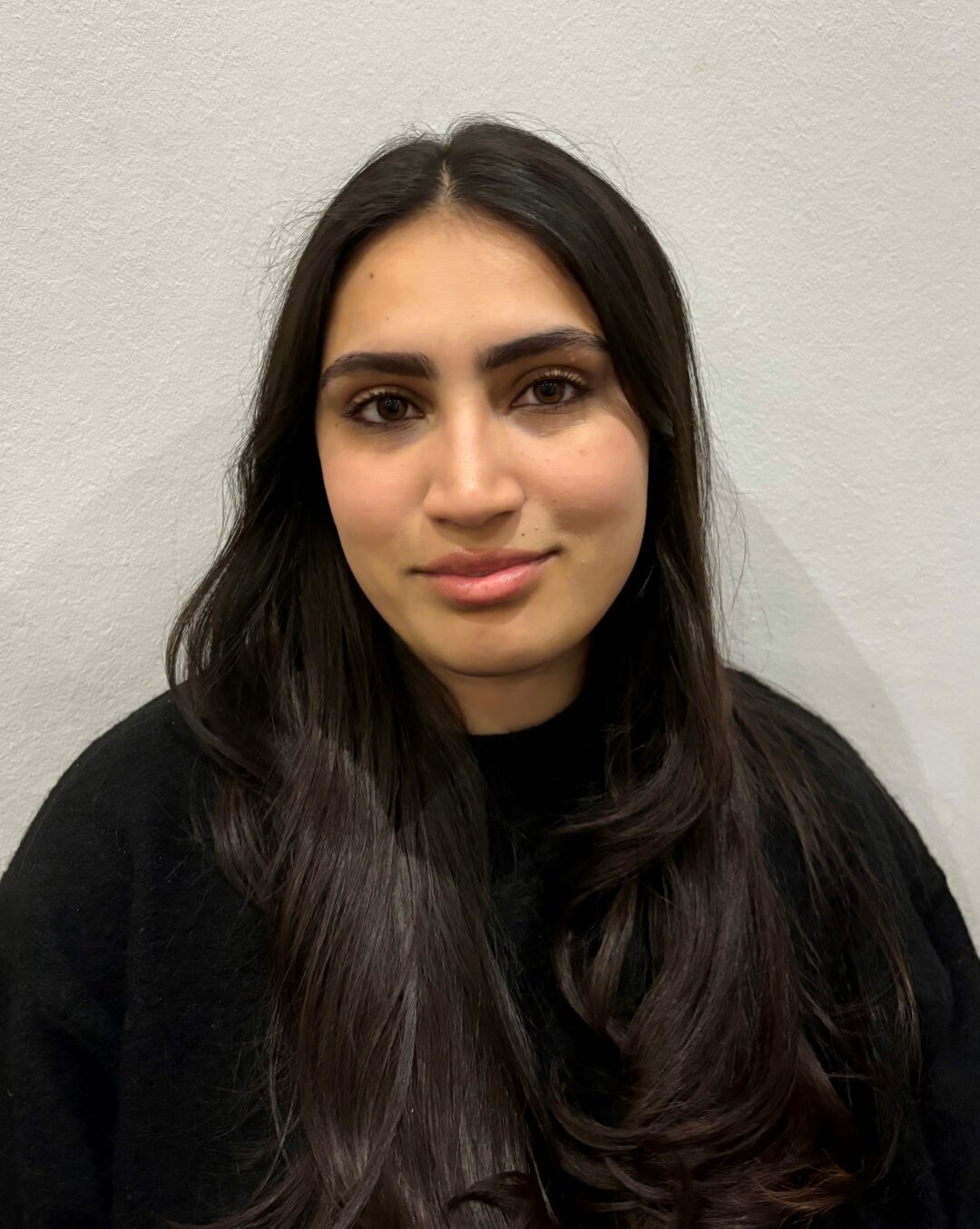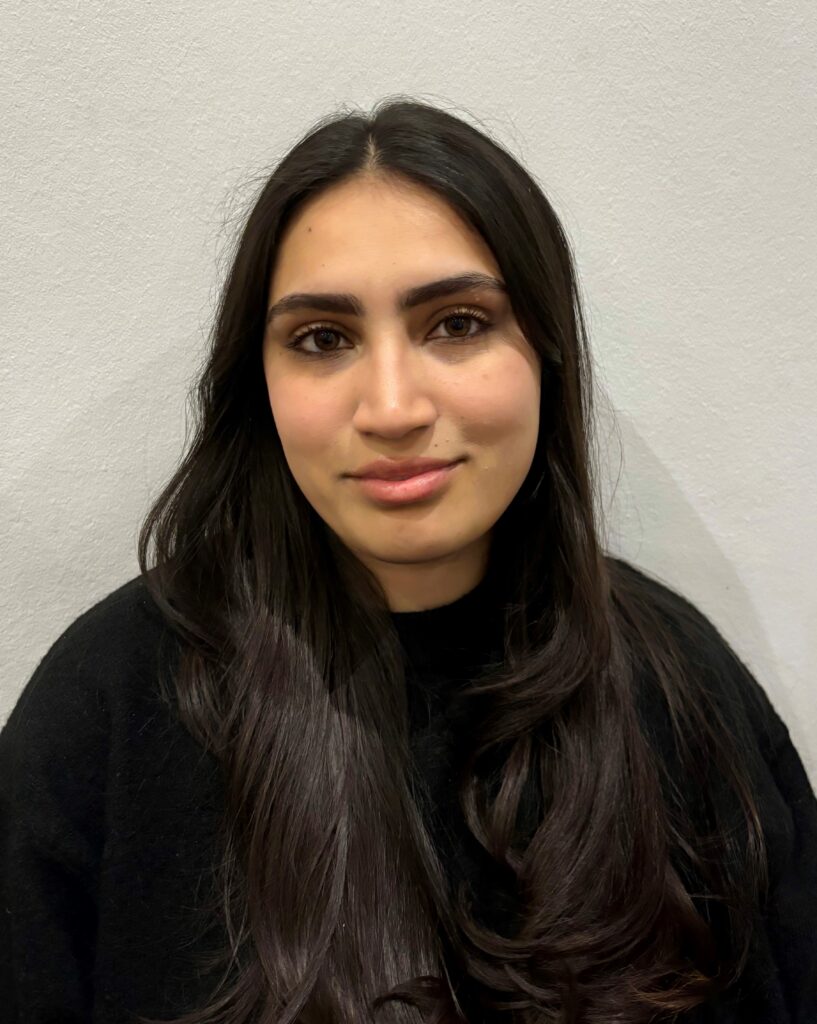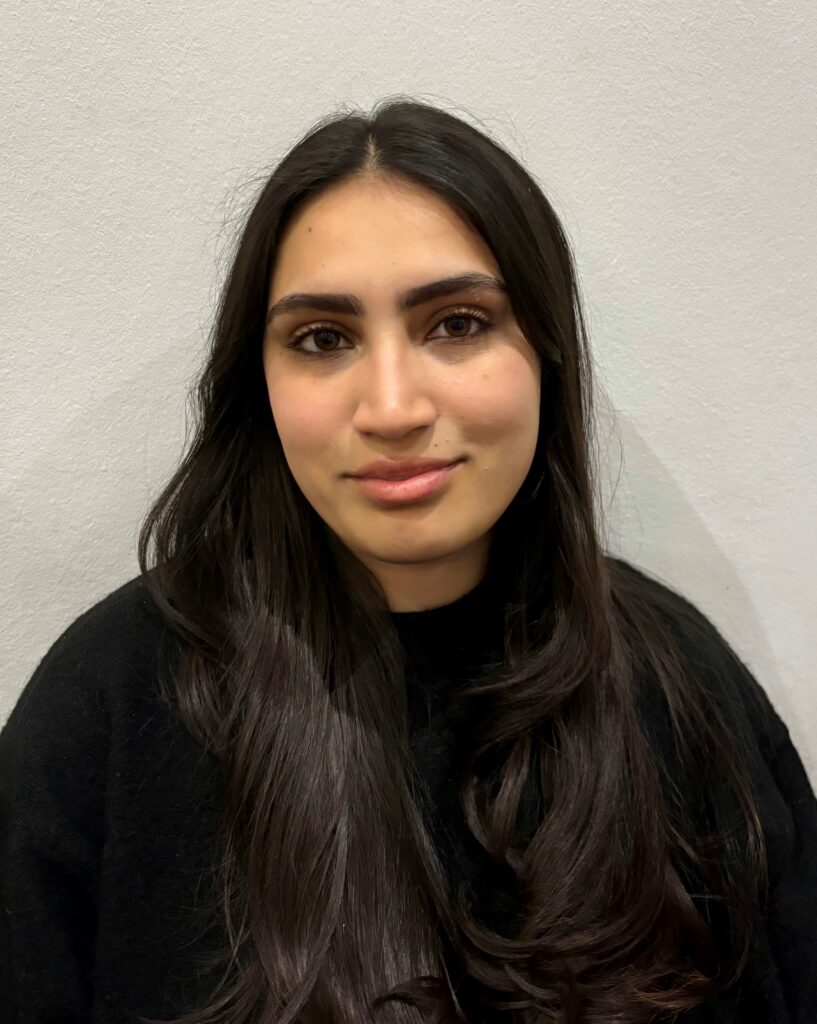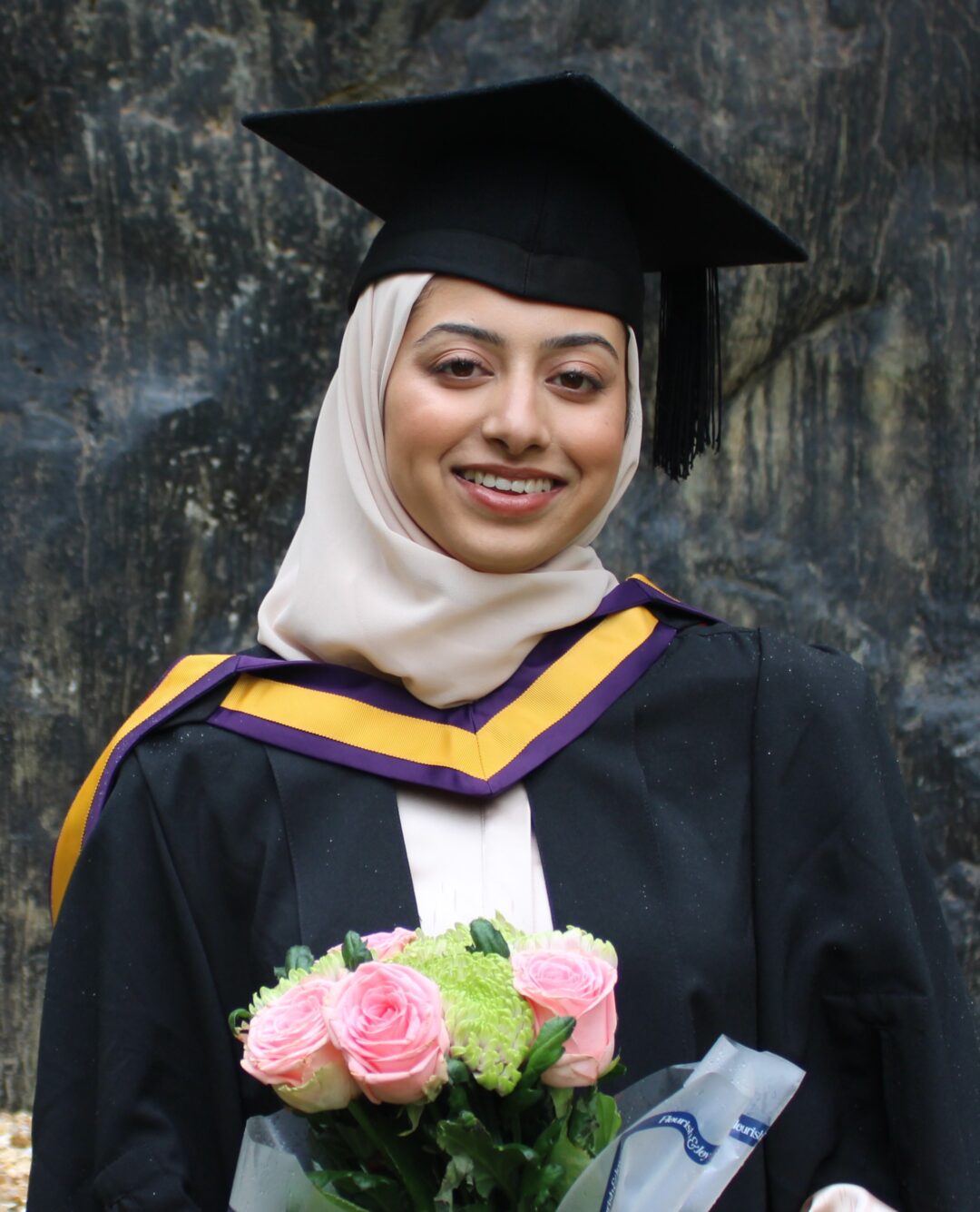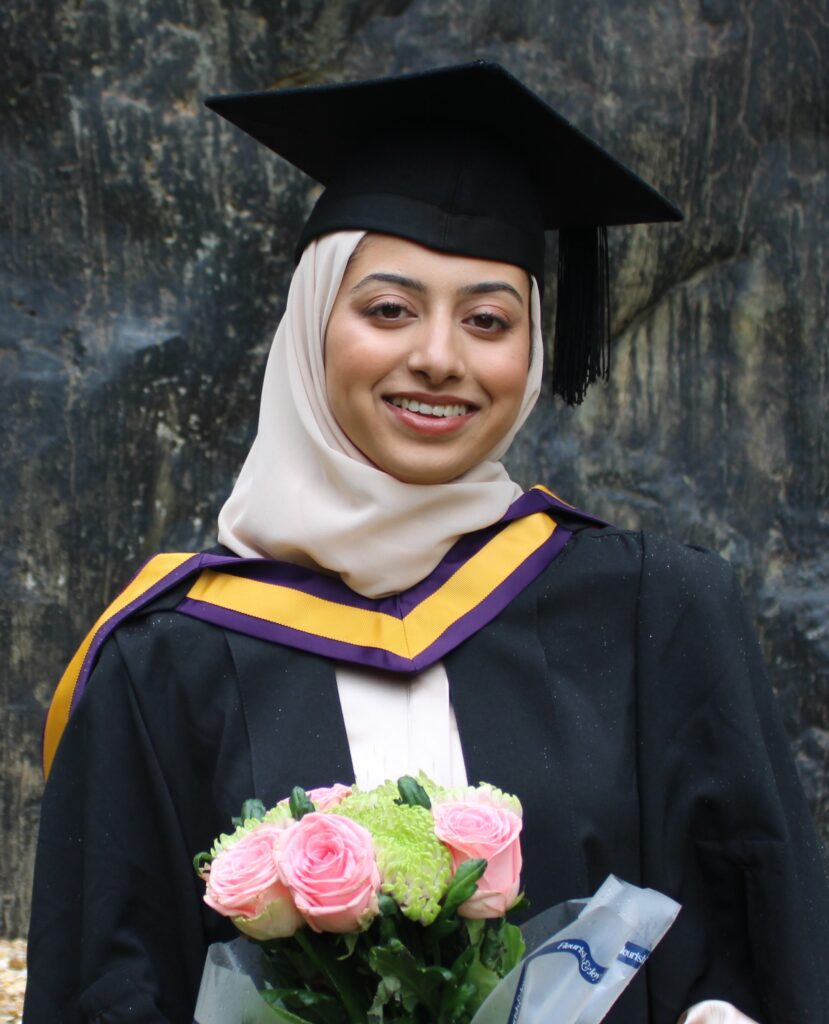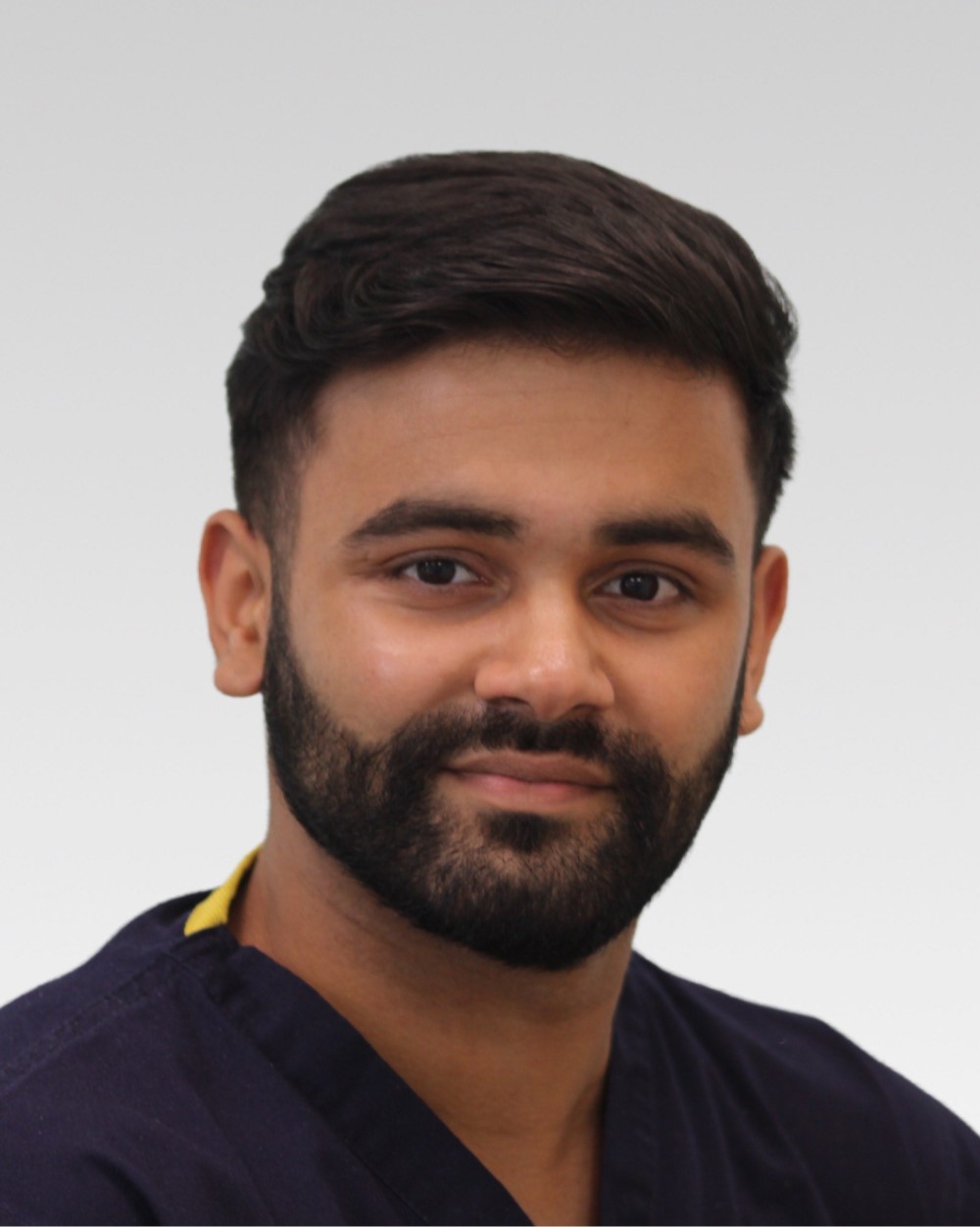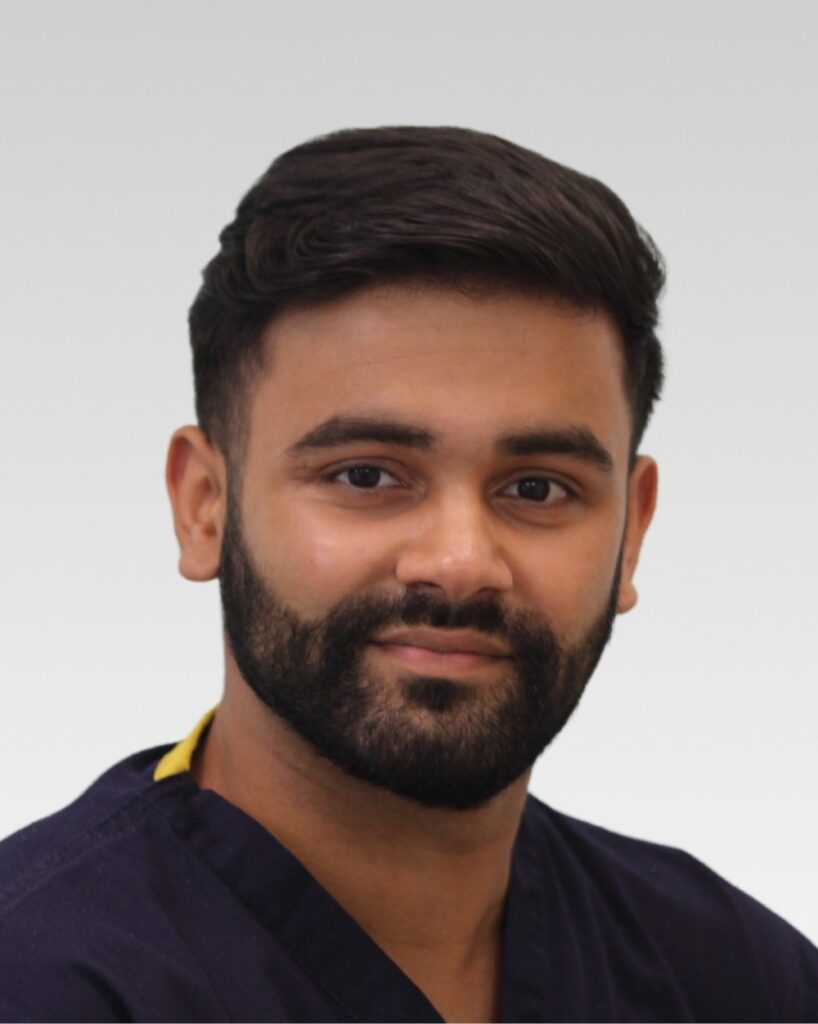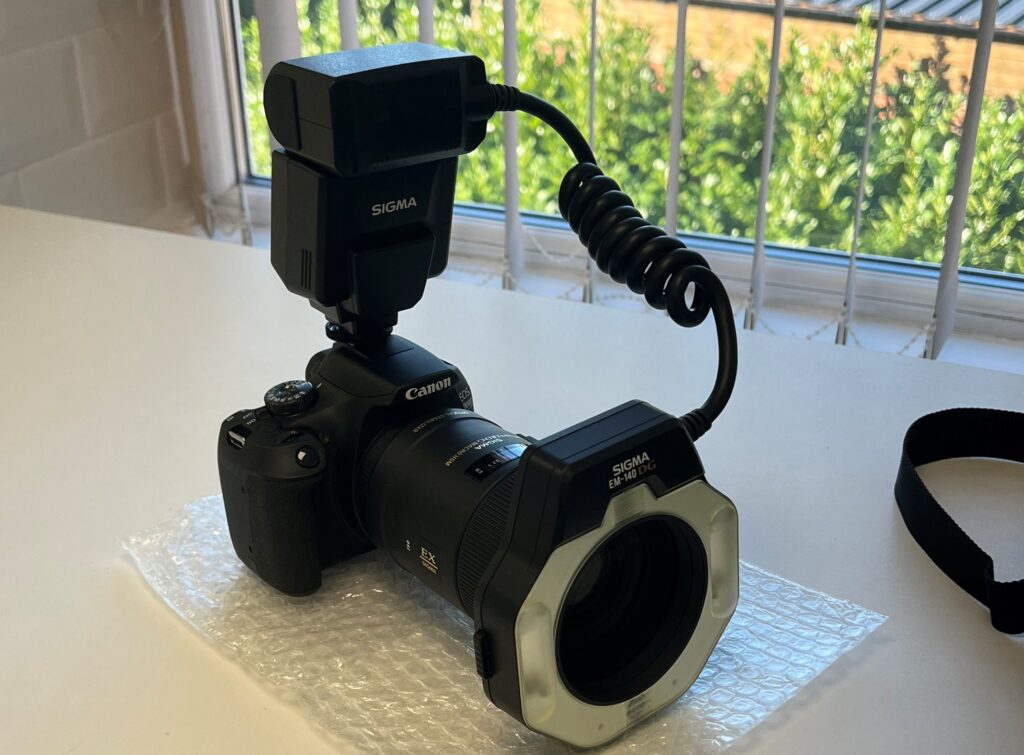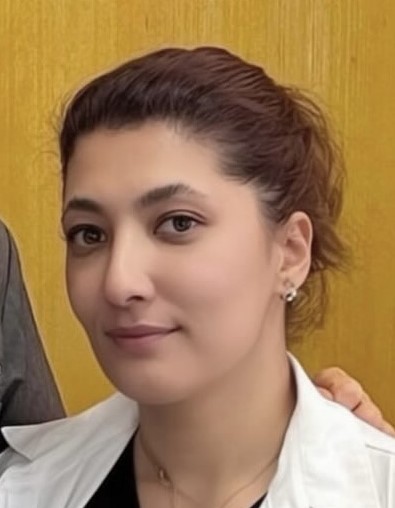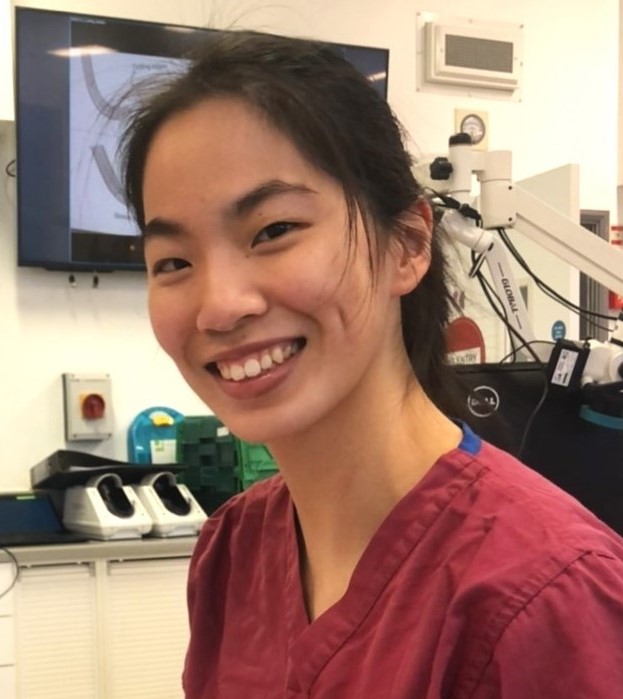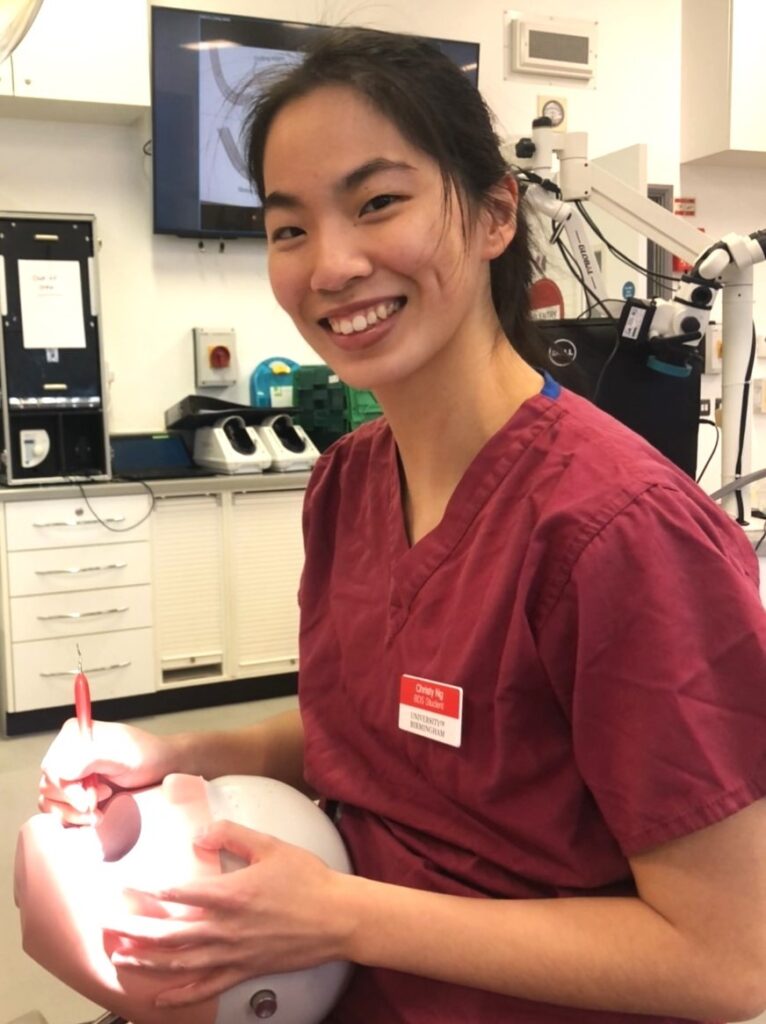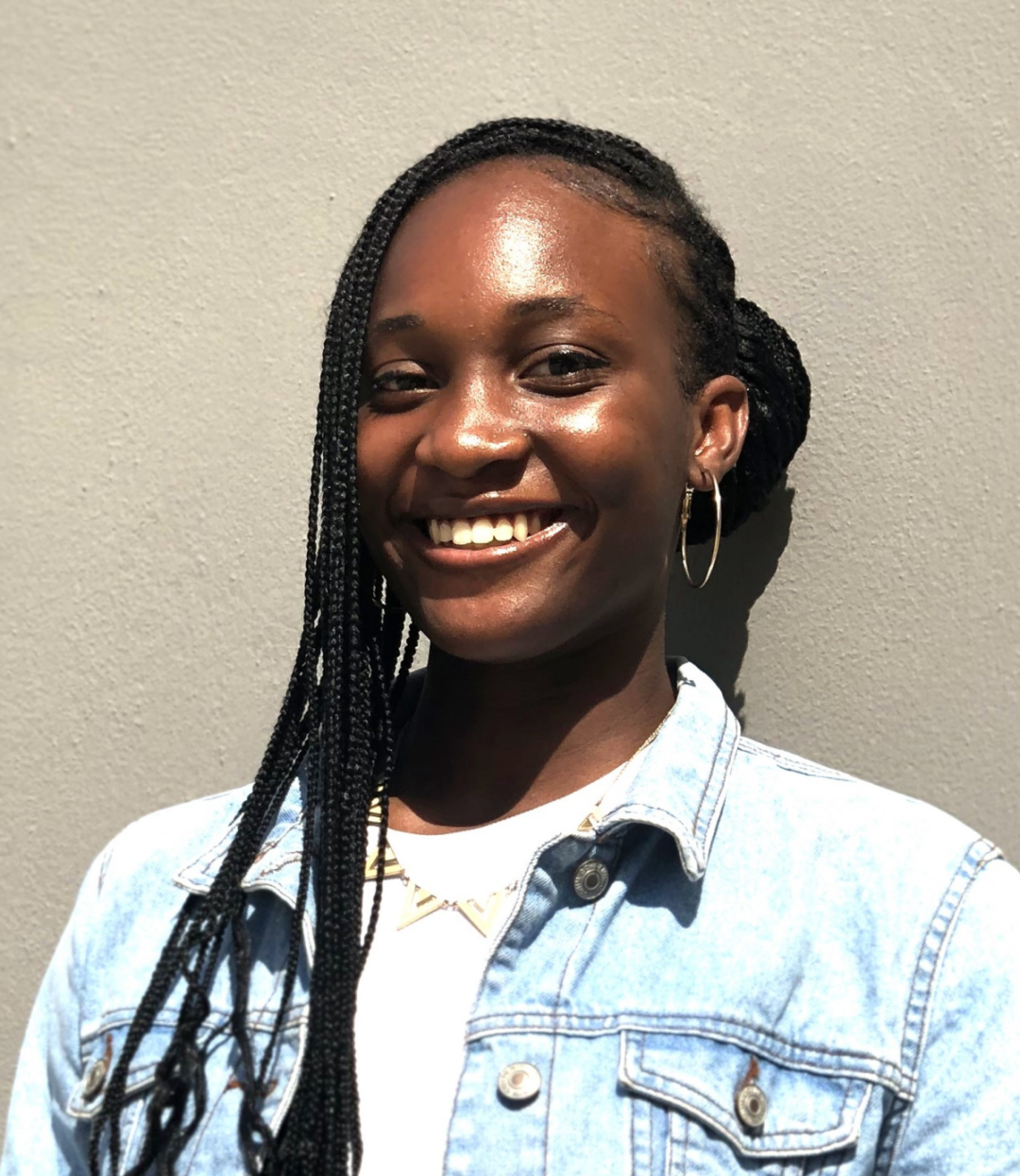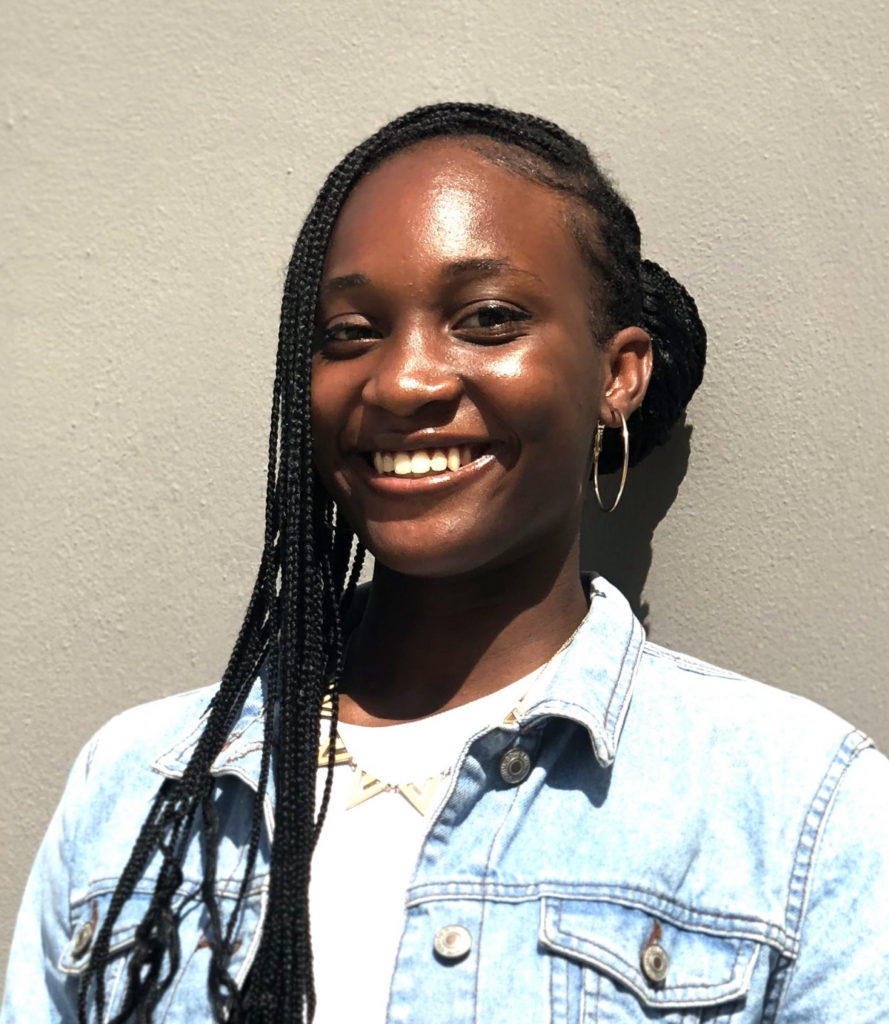A 2023 graduate from the University of Manchester, Choudhury Rahman is an Associate Member of the College and CGDent Ambassador. Here is his advice about choosing your first Associate Dentist position.
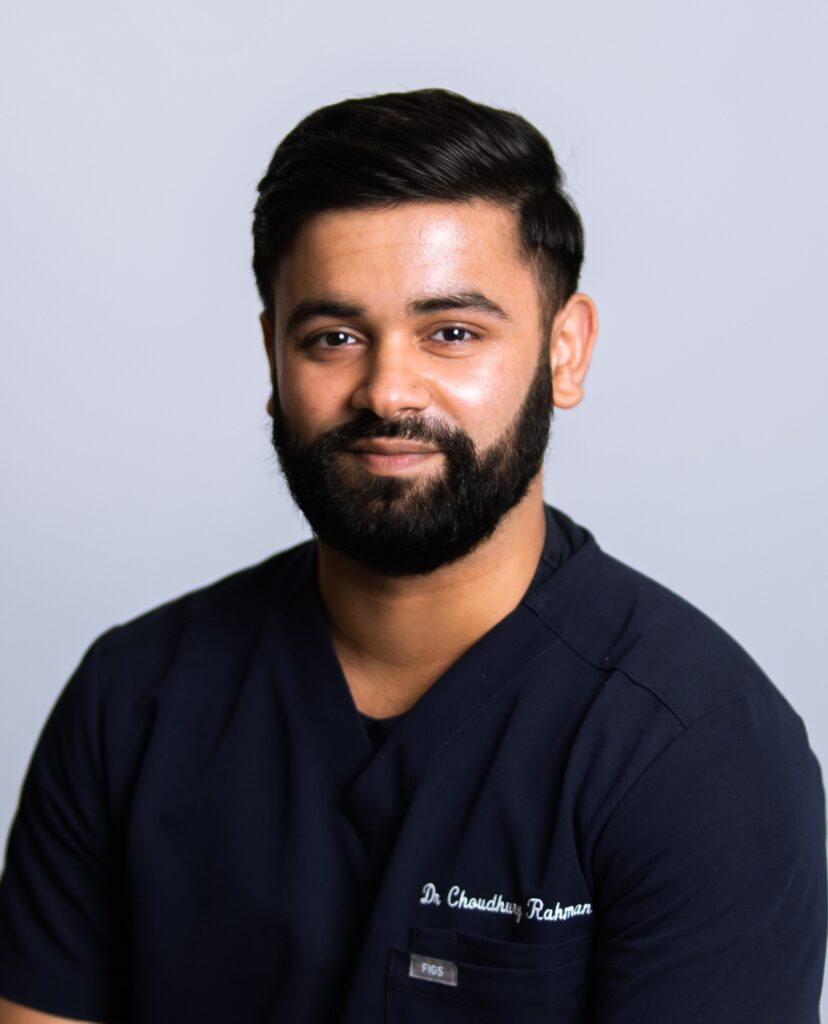
Finishing your Dental Foundation Training (DFT) can be an exciting and challenging time with lots of opportunities to grow and develop. One of the first challenges you will face is finding the right Associate Dentist position for you.
I was fortunate enough to stay on part time at the practice where I did my DFT, and this gave me the opportunity to explore how different practices worked and operated as I looked for other positions to fill my week. In my first year post FD, I have worked for two of the major corporates in the UK along with a variety of different independent practices and have learnt a lot along the way.
There are many things to look out for and think about when finding a job. Here’s a list of some important factors to consider so you don’t make the same mistakes that I did!
- Independent practice vs corporate practice
In many (but not all) independent practices you may have more freedom to ask for materials and equipment, within reason, and you can set fees as you wish rather than charging fixed private rates. The management set-up is usually clearer too, so you know who to speak to if you have an issue.
However, many corporates have generous discounts on courses as well as co-funding options for more expensive courses, which can be beneficial especially straight out of DFT (watch out for the tie-in lengths).
Some corporates run networking events to help with meeting other people in the dental profession which is nice!
- How many days are available and what are the hours?
It’s worth considering whether you want to work full time in one practice or divide your working week between different practices.
- What is the Unit of Dental Activity (UDA) rate?
Is it a reasonable rate for the area you’re going to be in?
- How many UDAs are available?
Are there enough UDAs for you, considering how fast you work?
- Why is the job available?
Is there a new surgery? Is someone leaving or reducing days? Ensure the start date is very clear.
- What system do they use?
Is it SOE, R4 or Dentally? They’re all quite different, and if the practice uses a different system to the one you’re used to, are you willing to learn? I didn’t like R4 so quit a practice because of this. I much preferred SOE and Dentally.
- Is there potential for private work and what is the split?
It’s not always 50/50! Many practices advertise that they do more private work than they actually do so try and gauge what the balance of work is in reality!
- What is the split for lab bills?
In my experience it is usually 50/50 but it’s worth checking.
- Are you taking over an established list of patients, or are you going to develop your own list?
Some practices may be opening a new surgery and expect you to start a new list. If you are starting a new list with new patients, expect a lot of stabilisation treatment. Are you willing to do this?
- How busy is the practice?
When going to visit, check how busy the diary looks for everyone, especially if you are taking over from another practitioner. Check at least three months in the past, and three months in the future. If it’s looking empty, or not busy enough for you, it really won’t magically fill-up once you join!
- What kind of X-ray system do they have?
Most practices should be digital. Do they have a scanner? Is there a camera for everyone to use? Do they have an OPG machine (a panoramic X-ray machine)? Do they have a CBCT machine (a Cone Beam Computed Tomography machine)? Are these things you would like access to?
- Is there a dedicated practice manager or treatment co-ordinator (TCO)?
Some practices don’t have one, and from my experience they don’t run as well. A TCO can be very useful especially if you are wanting to do more private work.
- How will you be paid?
It may be based on activity, which means how many UDAs you do in the payment schedules. Or it may be in twelfths, which is when your total number of UDAs x UDA rate is divided by 12 months, and you receive payment more like a salary. Some people prefer one or the other.
- What decontamination system do they use?
It’s a good idea to gain a basic understanding of how decontamination should work in a practice and check how it runs in your potential practice.
- Ensure you check your contract very carefully before signing
DDU and DP offer contract checking services, but also get it checked out by other experienced dentists you may have around you. Things to really look out for include notice periods and retention fees.
Finding your first job as an Associate Dentist can be daunting, but if you find the right practice, it will really help you develop and upskill so that you can do the dentistry you want to do. And if you end up in a practice you don’t like, it is not the end of the world, you can always leave and start the search again, as I have done more than once already. Ultimately you need to make sure you’re in a practice you are happy at, with a team you enjoy working with, doing the thing that makes you want to get out of bed every day!
Read my blog Getting your first job as an Associate Dentist: preparing a successful application for tips on applying for dental jobs.
Author bio
“I Graduated from University of Manchester in 2023, completed my FD Training in the Greater Manchester North Scheme and am now an Associate Dentist in Greater Manchester. I’m also a NextGen Ambassador for the College of General Dentistry. I am currently undertaking a Masters in Prosthodontics at UCLAN and have interests in Implants and also dental education. Outside of work, I enjoy running and 5-a-side football.”
Dr Choudhury Rahman

Subscribe to receive our monthly newsletter
Follow us on social media:

